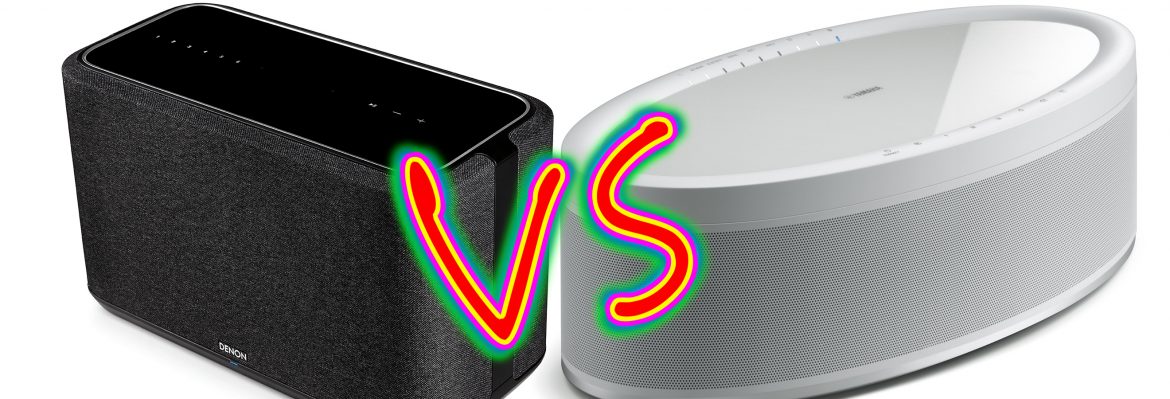TL;DR
Smart speakers offer more than just voice commands, boasting multi-room capabilities and Hi-Fi sound. This review pits the Yamaha MusicCast 50 against the Denon Home 350, comparing their features, connectivity, and most importantly, their audio performance. While both excel with streaming services and voice assistants, the Denon packs more power and speakers, commanding a higher price. Discover which sonic powerhouse best suits your listening habits and budget – is the extra investment for Denon's bass and fullness worth it, or does Yamaha's balanced warmth win the day? Dive in to find out which contender takes the crown.
Smart speakers are a prominent technology and encompass a broad range of features. Unlike popular Bluetooth speakers, which offer wireless portability with their integrated battery and Bluetooth connectivity, smart speakers in this price bracket extend functionality significantly. Beyond voice assistance, they offer multi-room connectivity (similar to Sonos), seamless integration with prevalent music services (such as Tidal and Spotify) via dedicated apps, and typically feature larger designs, often requiring a power outlet, with a speaker configuration and audio fidelity approaching Hi-Fi quality.
This review focuses on two leading models currently generating buzz. Representing the white corner, we have Yamaha’s flagship smart speaker, the Yamaha MusicCast 50, released last year and currently priced around 5 000 SEK. In the black corner is the Denon Home 350, boasting six integrated speakers and a corresponding price tag of 7 500 SEK. This review assesses the performance of these audio giants against each other and determines if the price difference justifies the investment.
Technical Knock-out
Both speakers exhibit similarities regarding technology, format support, and setup. As previously noted, they provide compatibility with major music streaming services, offering direct access via their respective apps: Spotify, Tidal, and Deezer. Discrepancies arise in less common services, with the Denon Home 350 supporting Soundcloud, while the Yamaha MusicCast 50 supports Pandora and SiriusXM (digital radio). Given the limited adoption of these latter services in Sweden, they are not examined in depth.

Each speaker is accompanied by a user-friendly app that streamlines the connection process, allowing users to assign names and room designations. This is particularly useful for multi-speaker configurations, enabling room-based control. Both devices support Bluetooth 4.2, Airplay 2, and manufacturer-specific multiroom systems (MusicCast for Yamaha, which is also compatible with certain Yamaha amplifiers, and HEOS for Denon). Furthermore, Google Assistant, Amazon Alexa, and Apple’s Siri are supported. While Alexa is currently limited to English and German, potentially dominating the US market, its adoption in Sweden remains minimal. Google Assistant performs adequately, although its practical time-saving benefits are debatable, particularly given its propensity for unintended activation. For primary control, we utilized the dedicated apps or Airplay/Spotify Connect. Both apps facilitate seamless firmware updates, and the speakers were evaluated using the latest available software.
An app is essential for comprehensive control, requiring a smartphone or tablet, which is commonplace in most households. Direct control from PC and Mac computers is not currently supported.
Under the Hood
The Yamaha MusicCast 50 has a weight of 4.5 kg and supports both 2.4 GHz and 5 GHz network connections (the latter is recommended for optimal performance). It delivers an output power of 35W x 2, receives Bluetooth signals via SBC and AAC codecs, and supports the following file formats via the USB port: MP3 / WMA / MPEG-4 AAC: up to 48 kHz / 16-bit, ALAC: up to 96 kHz / 24-bit, FLAC / WAV / AIFF: up to 192 kHz / 24-bit. Wake-on-LAN functionality is supported, even from sleep mode, albeit with a slight delay. Available in white and black finishes.
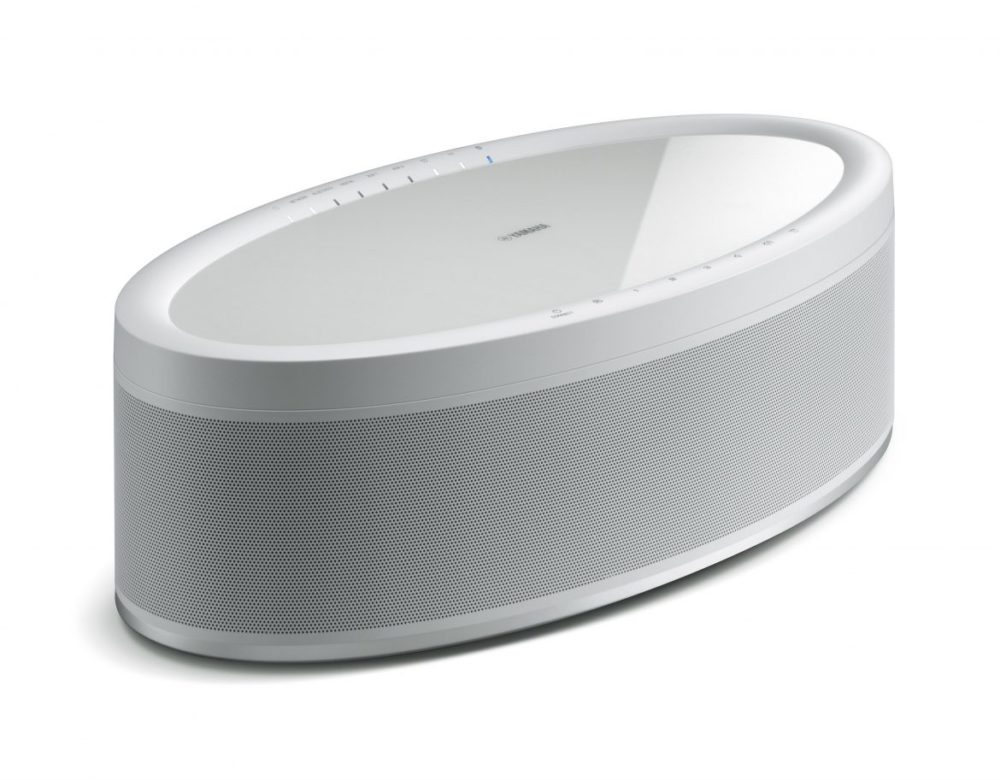
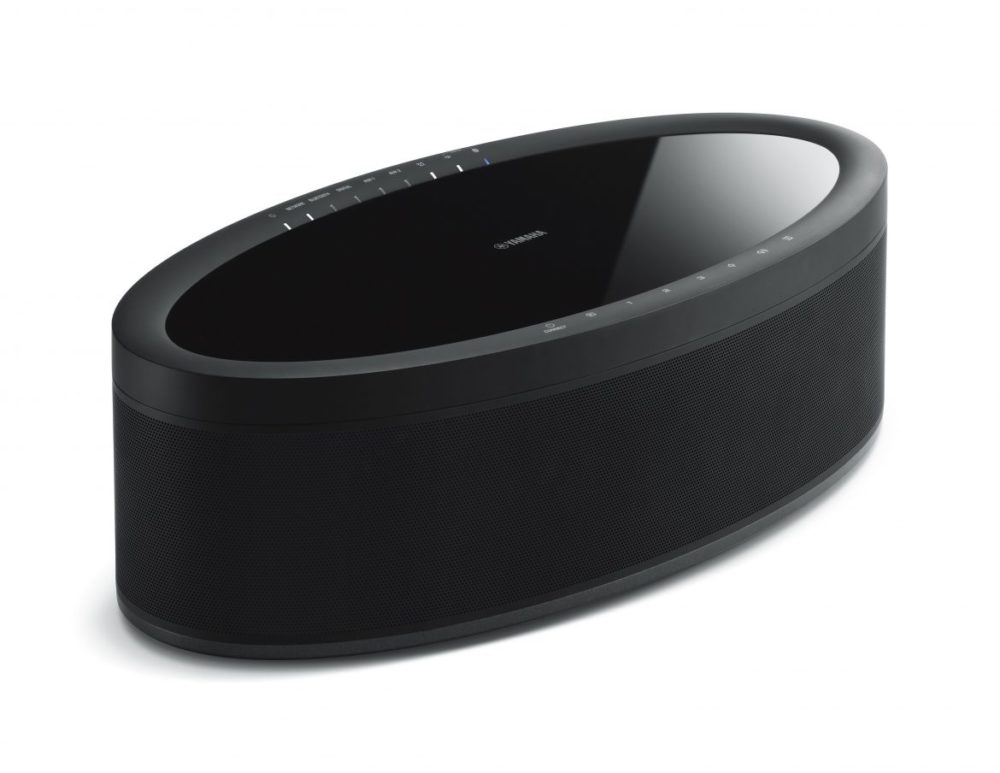
The Denon Home 350 weighs 6.3 kg and also supports both 2.4/5 GHZ network connections. It incorporates a 6-channel, digital class D amplifier with a power rating of “over 100 W” (specific details are not yet available on the distributor’s official page) and features a full six speakers (2 x 6.5-inch woofers, 2 x 2-inch midrange drivers, 2 x 3/4-inch soft dome tweeters). Supported formats via USB include: MP3, AAC, ALAC, WMA, WAV, FLAC/FLAC HD, DSD (2.8/5.6 MHz). It also supports Wake-on-LAN (very fast) and is available in white and black, featuring a fabric surround instead of a metallic grill.
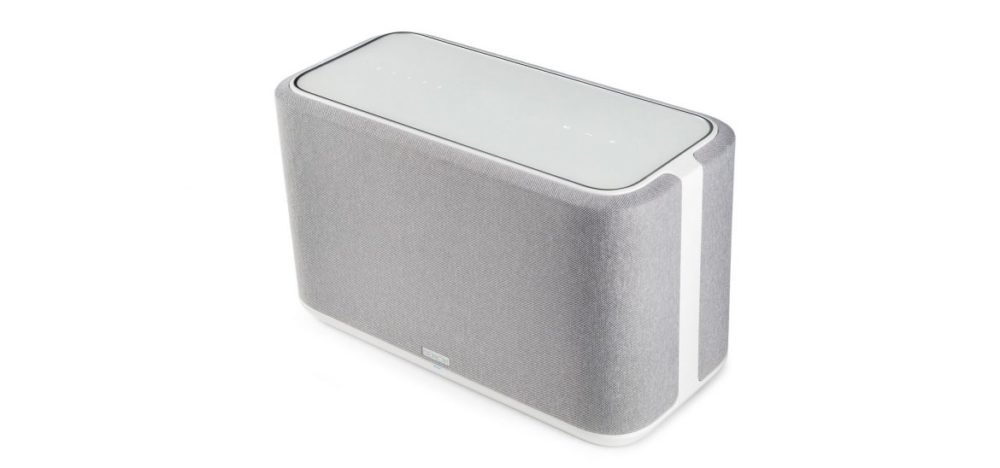
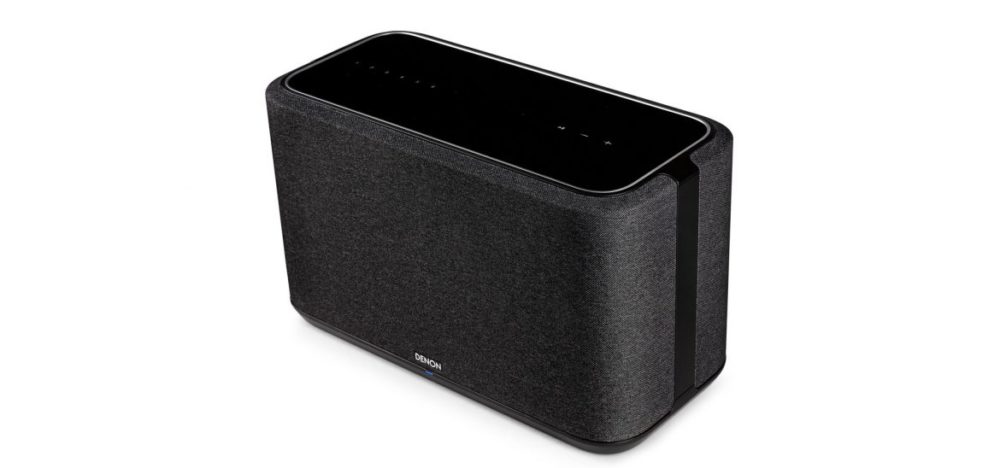
On paper, these two devices exhibit significant similarities in service and format support. However, the Denon Home 350 is heavier, incorporates more speakers, and carries a 50% higher price tag. This review assesses whether these differences manifest in tangible performance advantages.
Let’s delve into the core of this comparison:
Sound Quality – Yamaha MusicCast 50
The Yamaha MusicCast 50 delivers a balanced, agreeable, and warm sound signature. Speech-based audio, such as radio broadcasts (P1) or podcasts, exhibits remarkable clarity, creating an immersive listening experience.
For music evaluation, we utilized Tidal‘s premium HiFi tier (199 SEK / month), featuring lossless audio and MQA (Master Quality Authenticated) content, ensuring accurate reproduction of the artist’s intended mix and eliminating potential compression artifacts.
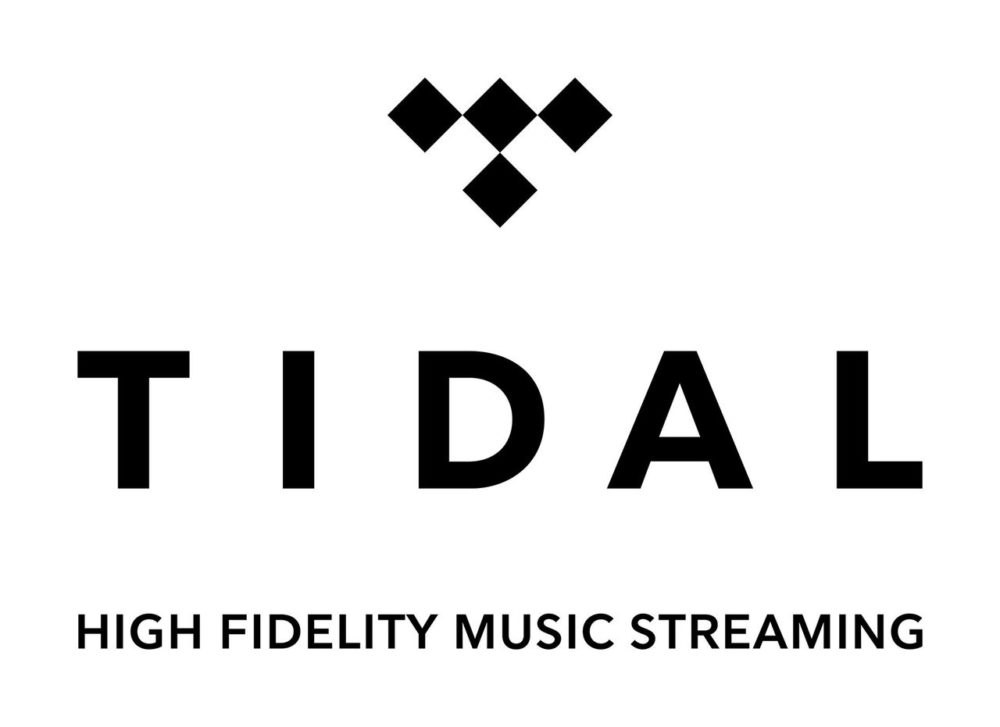
Get Lucky by Daft Punk, a contemporary classic, demonstrates clear vocals and well-defined instruments, complemented by a pleasant bass response.
The hip-hop track The Hills by The Weeknd presents a challenging mix across the frequency spectrum, providing a comprehensive test of treble, midrange, and bass reproduction. The MusicCast 50 handles the upper registers effectively, while the bass impresses with its breadth and power.
The pop track Run Run Run by Junge Junge represents a broad spectrum of the genre. The MusicCast 50 delivers excellent treble and midrange performance, although the bass exhibits a slightly loose and resonant character, without being overtly detrimental.
Slowing the tempo, singer-songwriter tracks such as Lucky Now by Ryan Adams and Hello by Adele showcase the Yamaha MusicCast 50’s strengths. These genres create an immersive listening experience, allowing instruments and percussion to enhance the narrative. Country music, such as Townes van Zandt‘s If I needed you, also pairs well with the MusicCast 50.
Turning to rock, Disturbed‘s Sound of Silence reveals a surprisingly mature and full sound. The vocals are complemented by a solid bass foundation, while the upper registers contribute effectively. The overall impression is well-balanced.
Increasing the tempo with Ghost‘s Square Hammer results in a catchy and balanced sound, although a slightly more prominent bass response would be desirable.
The Yamaha MusicCast 50 handles movie scores effectively, as demonstrated by Steve Jablonsky‘s My Name is Lincoln (from The Island). Instruments and tones resonate effectively, creating an engaging listening experience, particularly during choral passages.
Classical and instrumental music also perform well, although the spatial depth of Tchaikovsky’s Swan Lake could be improved.
Sound Quality – Denon 350
Power, bass, and fullness characterize the Denon Home 350’s audio delivery. The sound is rich and well-defined, with the enhanced weight and bass significantly impacting the listening experience in appropriate contexts.
In radio and podcast playback, the two speakers exhibit similarities: warm, intimate, and clear. However, while the Yamaha MusicCast 50 presents a slightly looser bass response, the Denon Home 350 offers a more controlled and precise bass, aligning with its speaker configuration. The Denon Home 350 demonstrates an advantage in this regard.
Daft Punk benefits from enhanced vocal presence and a fuller bass response. While the difference is not substantial, the resulting sound is more engaging and complete.
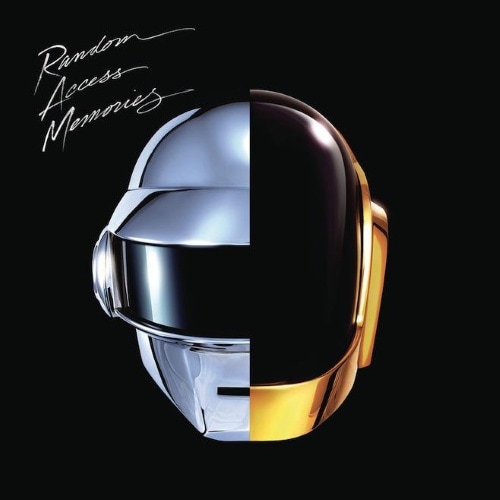
The Hills by The Weeknd performs well, although the Denon Home 350 does not exhibit as significant an advantage over the MusicCast 50 compared to previous tracks. The bass is more controlled and precise, but lacks the immersive quality of the Yamaha’s speakers. This becomes a matter of preference, although the enhanced bass benefits the mid (vocal) register.
Run Run Run exhibits tighter bass and more nuanced registers, but the precise, deep bass becomes slightly muffled. Neither speaker is ideally suited to this genre.
Ryan Adams‘ soft vocals naturally take center stage with the Denon Home 350. However, the speaker’s power and delivery can be slightly excessive. While the sound quality is undeniably high, both the singer-songwriter genre and country music receive an almost overly enhanced presentation, with potentially unnecessary effects and bass. Greater finesse and restraint would be preferable.
Sound of Silence (Disturbed) leverages the speaker’s breadth effectively, although the upper registers are not as refined as the lower frequencies. The overall impression is powerful, but slightly less cohesive.
Square Hammer by Ghost sounds weighty, but exhibits a slightly tinny character on the Denon Home 350, which introduces excessive echo.
My Name is Lincoln delivers a pleasurable listening experience, offering definition, deep bass, and considerable presence. Here, the Denon Home 350 excels, delivering a focused and punchy performance.
Similarly, the Denon Home 350 performs admirably with classical and instrumental music. Swan Lake creates an immersive experience akin to sitting in a comfortable armchair near the stage at a grand opera house. A compelling soundstage is created, with pleasant bass and appropriate levels of echo/reverb that enhance rather than detract from the performance.
Conclusion – which speaker is better?
Both speakers are highly capable and deliver excellent performance, as expected at this price point. However, neither is universally superior, precluding a definitive overall winner. The optimal choice depends on individual listening preferences and typical audio content.
Overall, the MusicCast 50 demonstrates exceptional finesse and balance, even if it lacks the Denon’s depth and volume. The MusicCast performs better with hard rock and singer-songwriter genres. Conversely, the Denon Home 350 excels in fullness and bass reproduction, particularly in radio (talk), classical, instrumental (film), and pop/electronica genres.
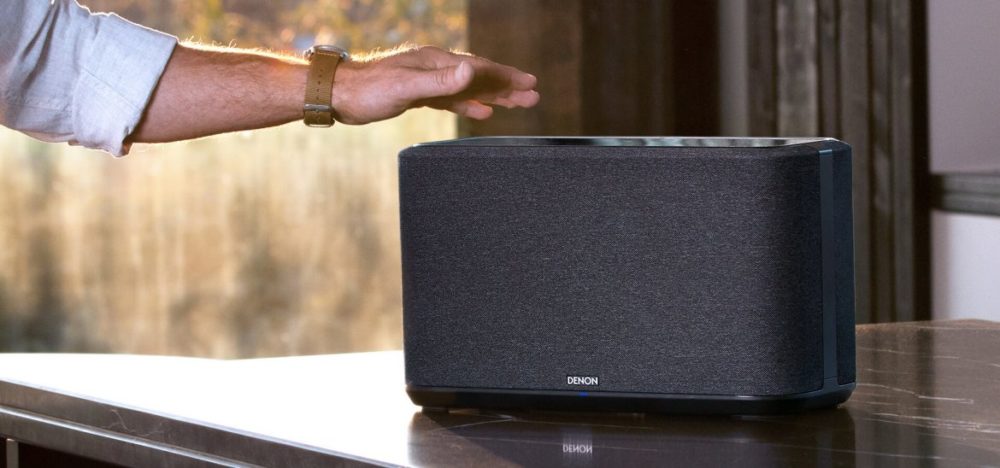
The Denon Home 350 presents a more complete and versatile solution, although it may not optimally suit all music genres. However, the 7 500 SEK price point represents a significant investment for a single smart speaker, appealing to users seeking efficient design and high-quality audio in a relatively compact format.
The Yamaha MusicCast 50 is an exceptionally competent speaker capable of performing similar functions, excelling in specific genres. It is more compact and 30% less expensive (5 000 SEK), shining in certain audio categories without performing poorly in any (although it may lack bass in certain contexts).
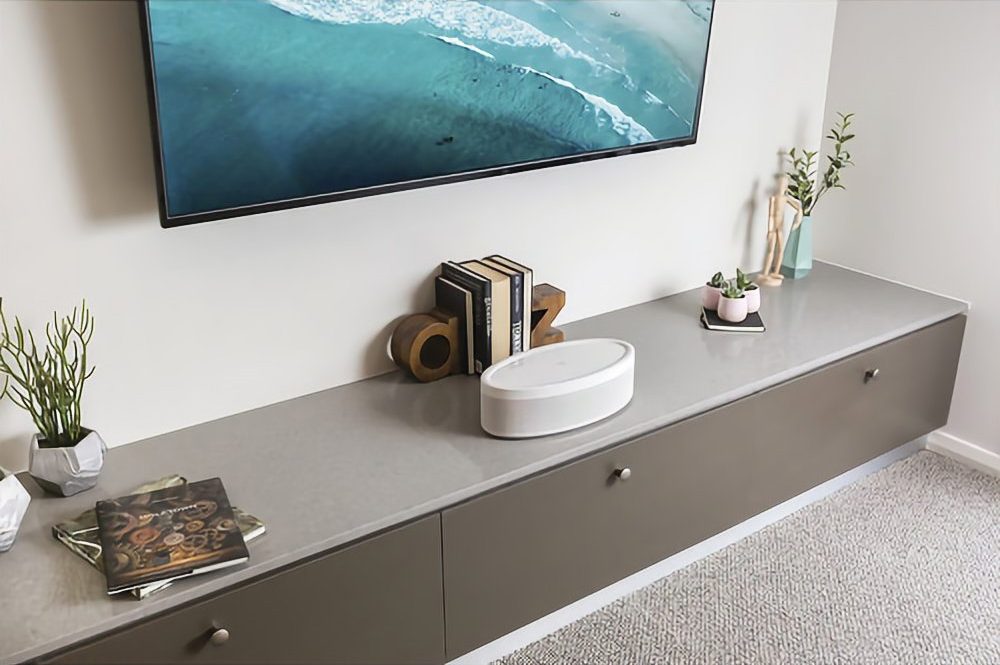
While a definitive winner cannot be declared, both speakers are highly recommended as references for different audio material types. For budget-conscious consumers, the Yamaha MusicCast 50 represents a compelling all-around speaker that excels in several categories, while lacking depth and space in others. The Denon Home 350 is geared toward discerning listeners with larger budgets, seeking substantial power and a room-filling sound. While not universally optimal, it represents the superior choice for consumers seeking high power and immersive audio without investing in a dedicated amplifier and surround system.
Listening to music and radio on a single speaker has never been more enjoyable than with the Denon Home 350 and Yamaha MusicCast 50. Priced closely to the Sonos Play: 5 (list price 6 000 SEK), both speakers deliver comparable or superior audio quality, particularly for spoken content. These represent compelling alternatives to the dominant player in the market. The remaining question is: which of these two will you choose?
Enjoy the music!
